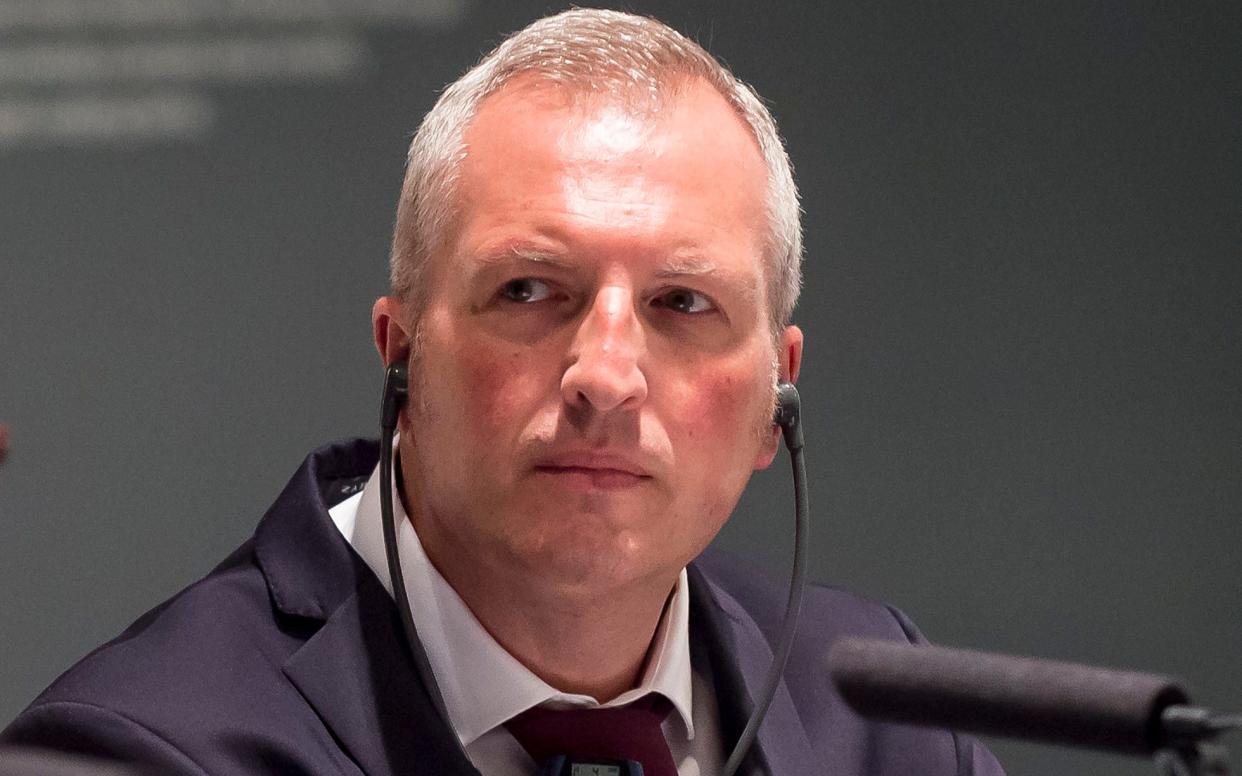British Museum sues former curator accused of selling items on eBay

The British Museum is suing a former curator, who is accused of selling items on eBay, in an attempt to force him to hand over treasures.
Peter Higgs was accused of taking items dating back to 1,500BC and was sacked for gross misconduct in 2023 after antiques experts raised concerns about items from the museum’s collection emerging for sale online.
The British Museum has now launched a legal action against him and requested that the High Court order him to surrender any items still in his possession.
The museum’s legal team has also requested that the court orders that records from Mr Higgs’ eBay and PayPal accounts be released.
Lawyers believe they will contain “compelling” evidence that he used the online platform to sell some of the 1,800 items that went missing from the collection.
The High Court was told Mr Higgs intended to dispute the claims, and he has not been charged with any criminal offence.
The scandal over claims of stolen artefacts broke in 2023 when it emerged a member of staff had been sacked by the museum concerning thefts from its 8 million-strong collection.

It was revealed that the sacked staff member was Mr Higgs, the head of the Greek and Roman department, who had worked at the museum since 1993.
It emerged that Ittai Gradel, an antiquities expert, had raised concerns about thefts but these had not been acted on by the museum director Hartwig Fischer, who resigned in light of the accusation, or his second-in-command Jonathan Williams, who stepped back from his duties.
The High Court was told Mr Gradel’s suspicions were first raised in 2016 when Mr Higgs tried to sell him a cameo through eBay. Mr Gradel noticed that the item had been registered as belonging to the British Museum.
It was claimed that Mr Higgs had already been selling items by this stage.
The museum’s legal team told the court that Mr Higgs may have sold to at least 45 separate buyers over a 10-year period.
Covering his tracks
The court heard he altered digital records to cover his tracks after he became aware of a member of staff’s suspicions.
A fellow member of staff noticed during a 2022 audit of a strong room for Greek and Roman artefacts that many items were missing, or had been damaged.
In 2023, the Metropolitan Police searched Mr Higgs’ home and found items matching the description of those registered with the museum’s collection, it was heard.
Mr Higgs has denied this, and stated that the coins and medals in question came from a dead relative.
In 2023, Sir Mark Jones, the museum’s interim director, who replaced Mr Fischer following the scandal, said that staff would no longer be able to access strong rooms without supervision.
Speaking to MPs, he said that the move would ensure “that a theft of this kind can never happen again”.
George Osborne, the museum’s chairman of trustees, announced last year a five-year project to properly record and digitise the entirety of the collection of 8 million artefacts, to prevent objects being removed without detection in future.

